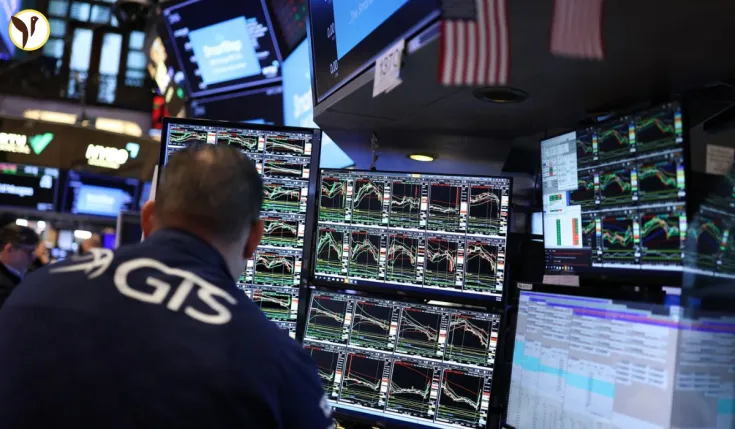Futures Market Plunges Amidst Tariff Turmoil
Global markets experienced a significant downturn on April 7th, 2025, fueled by uncertainty surrounding President Trump's new tariffs. Dow futures plummeted over 1,500 points, while the S&P 500 and Nasdaq futures saw declines exceeding 4%, pushing the latter into a bear market. This followed a brutal two-day sell-off that erased over $5 trillion in investor wealth. The article will explore the causes, consequences, and potential future implications of this dramatic market event.
The Tariff Trigger
President Trump's imposition of sweeping tariffs, including a 10% minimum baseline tariff on most imports, sparked the sell-off. The lack of clarity and the administration's defiant stance, despite the market's dramatic response, further eroded investor confidence. China's immediate retaliatory tariffs exacerbated the situation, escalating fears of a global trade war. This unprecedented level of tariffs, the highest since 1909, sent shockwaves through the financial world.
Market Reactions and Implications
The impact was swift and severe. Major indices experienced sharp declines, with the Dow posting back-to-back losses of over 1,500 points for the first time in history. The S&P 500 fell into near-bear market territory, and the Nasdaq officially entered a bear market. This uncertainty also impacted other markets; the Nikkei 225 in Japan fell nearly 8% and other Asian markets suffered significant losses.
Beyond the Stock Market
The effects extend beyond the stock market. The uncertainty impacted coffee prices, already at record highs due to various factors including climate change and supply chain issues. The additional pressure from global tariffs is creating significant challenges for the entire coffee industry, from producers to roasters.
Looking Ahead
While some economists predict potential easing of tariffs in the future, leading to a market rebound, the current situation remains highly volatile. The ongoing tension between the US and China, coupled with the administration's unpredictable actions, creates significant uncertainty for investors. The coming weeks will be crucial in determining the trajectory of global markets.






